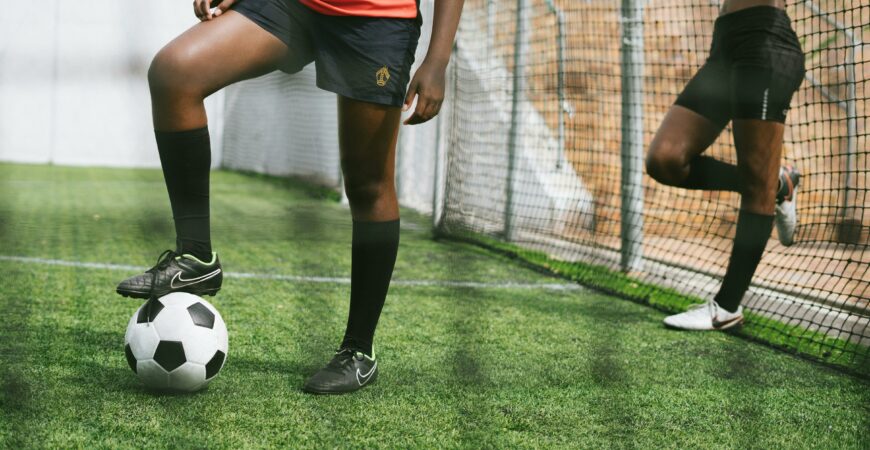Participation in sports helps youths stay in shape and fosters valuable skills like teamwork, discipline, resilience, and problem solving. As the parent of a young athlete, sports safety is a primary concern.
Parents can influence practices that ensure child athlete safety in schools and sports leagues. Through improved awareness and the right information, you can become a major advocate for sports safety.
Role of Parents as Sports Safety Advocates
The first step in championing for youth athlete safety is being involved in your child’s sports activities. This keeps you well informed on issues such as safety measures, signs of sports-related injuries, and more. With this knowledge, you can take steps to ensure your child’s safety.
These measures may include inquiring about the use of proper sports equipment such as helmets, mouth guards, and padding. You can also help determine whether your child is physically and mentally fit to engage in certain sports. An important step is sharing your child’s medical history with the school or sports club.
It’s also good practice to ensure your child receives a medical check every sports season. Safety-forward schools and clubs conduct these tests to determine play readiness or uncover problematic conditions. If not, you can reach out to other parents and push for medical screenings with a unified voice.
You can also forward these issues through suggestion channels and general meetings. Initiate and encourage open communication with schools and sports organizations. Through this approach, you can push for the implementation measures such as emergency action plans.
Important Questions to Ask Coaches
As you build a relationship with your child’s coach, you should ask crucial questions concerning sports safety. You can start with the coach’s background and qualifications. Are they certified as a coach? How do they enforce rules to ensure athlete safety? What is their coaching style?
You can also ask for details about the school/league’s emergency preparedness plan. Is it backed by medical experts? Does sports staff have CPR, AED, and first aid training? Is there medical staff and equipment on-site?
Inquire about measures the coach implements to promote athlete well-being. This includes using proper equipment, promoting inclusivity, and fostering friendly environments. Also, find out how the coach incorporates breaks and rest in sporting activities. Finally, you can ask what the coach expects from you as a parent. This is important since your involvement can affect your child’s sports experience positively or negatively.
How to Communicate with Coaching Staff
The way you communicate with your child’s coach can promote a positive sports experience. An important consideration is the time and place where you have discussions. It’s best to contact the coach and schedule a neutral place to meet privately. Choose a time that doesn’t interfere with practice or games. Also, avoid discussing your child’s concerns when other players or parents are present.
If you have genuine concerns, choose an approach that facilitates open, positive communication. Proceed with a calm, respectful, and non-judgmental attitude. You can show this by complementing the coach, the team, or your child’s performances before presenting your questions or suggestions.
Communicating with Your Child Athlete
To ensure your child has a fulfilling and safe sports experience, it’s important to communicate openly with them. Young athletes may not be comfortable talking to coaches and sports officials about certain issues such as quitting or changing sports. Remember to listen attentively and be empathetic and supportive.
Be proactive and ask your child about their goals and experiences. This can give you valuable insight, like if your child actually likes the sport. Try to approach situations from your child’s perspective.
Avoid criticism as this places extra pressure on your child. Always use positive and encouraging language. Focus on what they do well. Encouraging words can drive young athletes to continue participating, put in effort, and show enthusiasm in sports.

